Nematodes
Nematodes are microscopic roundworms that live in the soil, and are major pests of lawns in the Southeast. All types of lawns grown in South Carolina can be affected by nematodes. The most severe damage occurs to lawns grown in the sandy, coarse-textured soils that are common in our area.
Nematodes injure lawns by feeding on the grass roots with needle-like mouthparts. This results in the lawn not being able to efficiently absorb water and nutrients, thus the lawn becomes thin and weak, making it more susceptible to other stresses.
A lawn infested with nematodes may appear weak, and slow to grow. The lawn may begin to show signs of drought stress, even when the soil has adequate moisture. Areas of the lawn may thin out, thus allowing invasive weeds to take over. Other signs of nematodes are areas of the lawn where the roots are short, stunted, or have swollen areas, and shallow roots systems with areas that are dead or branched excessively.
A healthy lawn is the best defense against nematode damage in home lawns. Irrigate the lawn regularly during times of drought and maintain proper fertility levels. Use deep, infrequent morning irrigation to promote deep root growth.
A soil sample is needed to determine if nematodes are present, as they are not visible with the naked eye. Once a soil test has determined nematodes are a problem, several things can be done. Chemical control in the home lawn is available, but it can be pricey due to the potential for nematodes to move within a soil profile, as well as some types of nematodes actually living within the root system itself.

